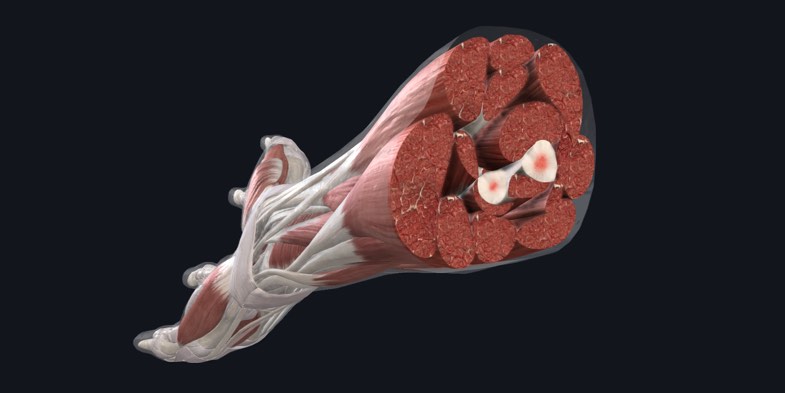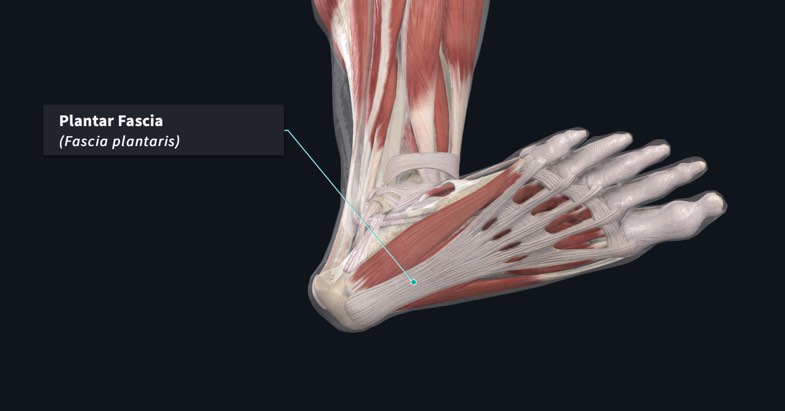
Have you ever wondered why your organs don’t knock around when you jump rope? Or how muscles stay connected to bone and don’t slide off? Or maybe why the body maintains such a solid structure?
The answer lies in fascia: a band or sheet of connective tissue which stabilizes, encloses and separates muscles and other internal organs. It also prevents friction between bodily structures during movement, enabling them to move smoothly against each other.
Like ligaments, aponeurosis, and tendons, fascia is made up of fibrous connective tissue containing closely packed bundles of collagen fibers, oriented in a wavy pattern parallel to the direction of pull. This unique architecture means that fascia is consequently flexible and able to resist great unidirectional tension forces.

However, the fascia has an elastic limit. Compartment syndrome is a painful clinical condition ? which develops when swelling or bleeding occurs within a compartment (a group of muscles located in the upper and lower limbs).
Because the fascia does not stretch, this can cause increased pressure on the capillaries, nerves, and muscles in the compartment. As a result, blood flow to muscle and nerve cells is disrupted. Without a steady supply of oxygen and nutrients, these cells can be damaged. In acute compartment syndrome, unless the pressure is relieved quickly, permanent disability and tissue death may occur.
Fasciotomy (or fasciectomy), is a surgical procedure ?where the fascia is cut to relieve tension or pressure and is commonly used to treat the resulting loss of circulation to an area of tissue or muscle. This is usually performed by a surgeon under general or regional anesthesia. An incision is made in the skin, and a small area of fascia is removed where it will best relieve pressure.
Complete Anatomy has one of the most comprehensive 3D models of fascia right around the body, check it out to see it for yourself with a FREE 3-day trial!
